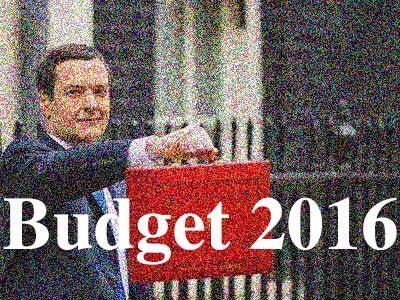Tax for many businesses purchasing property will be cut, the Treasury said, as it announced changes to commercial property stamp duty in today’s Budget.
The government revealed it would reform Stamp Duty Land Tax on non-residential property transactions. The move has been welcomed by a SSAS and Sipp expert.
New rates to be introduced will be 0% for the portion of the transaction value between £0 and £150,000; 2% between £150,001 and £250,000; and 5% above £250,000.
This means that all freehold and lease premium transactions below £1.05 million will pay the same or less in SDLT, officials said.
The Budget papers, released this afternoon by the Treasury, stated: “The government will also introduce a new 2% rate for leasehold rent transactions where the net present value is above £5 million.
“These transactions are already taxed on a slice basis. All leasehold rent transactions up to £5 million will remain unaffected.”
The Budget papers explained the thinking behind the changes.
They stated: “Currently, SDLT rates on freehold and lease premium transactions operate on a slab system, where one tax rate is due on the entire transaction value. This creates distortions in the market and leads to large increases in SDLT as transactions move into higher tax bands.
“A small business buying a property for £250,000 pays £2,500 in SDLT. If the price is just £1 higher, their tax bill is trebled. This Budget announces that these rates will be reformed to a slice system, so that SDLT is payable on the portion of the transaction value which falls within each tax band.”
Claire Trott, head of pensions technical at Talbot and Muir, said: "The changes to commercial property stamp duty is a change that is welcome to Sipps and SSAS members, we were already seeing an increase in interest in commercial property within our schemes because of the lack of stability on the stock market.
“Investors like the fact that it is a physical asset and this reduction will mean it is more affordable for those wanting to invest in a time when contributions are being ever limited by the annual allowance and lifetime allowance. A property valued at £260,000 would pay £7,800 today but this will drop to £2,500 from midnight.”

